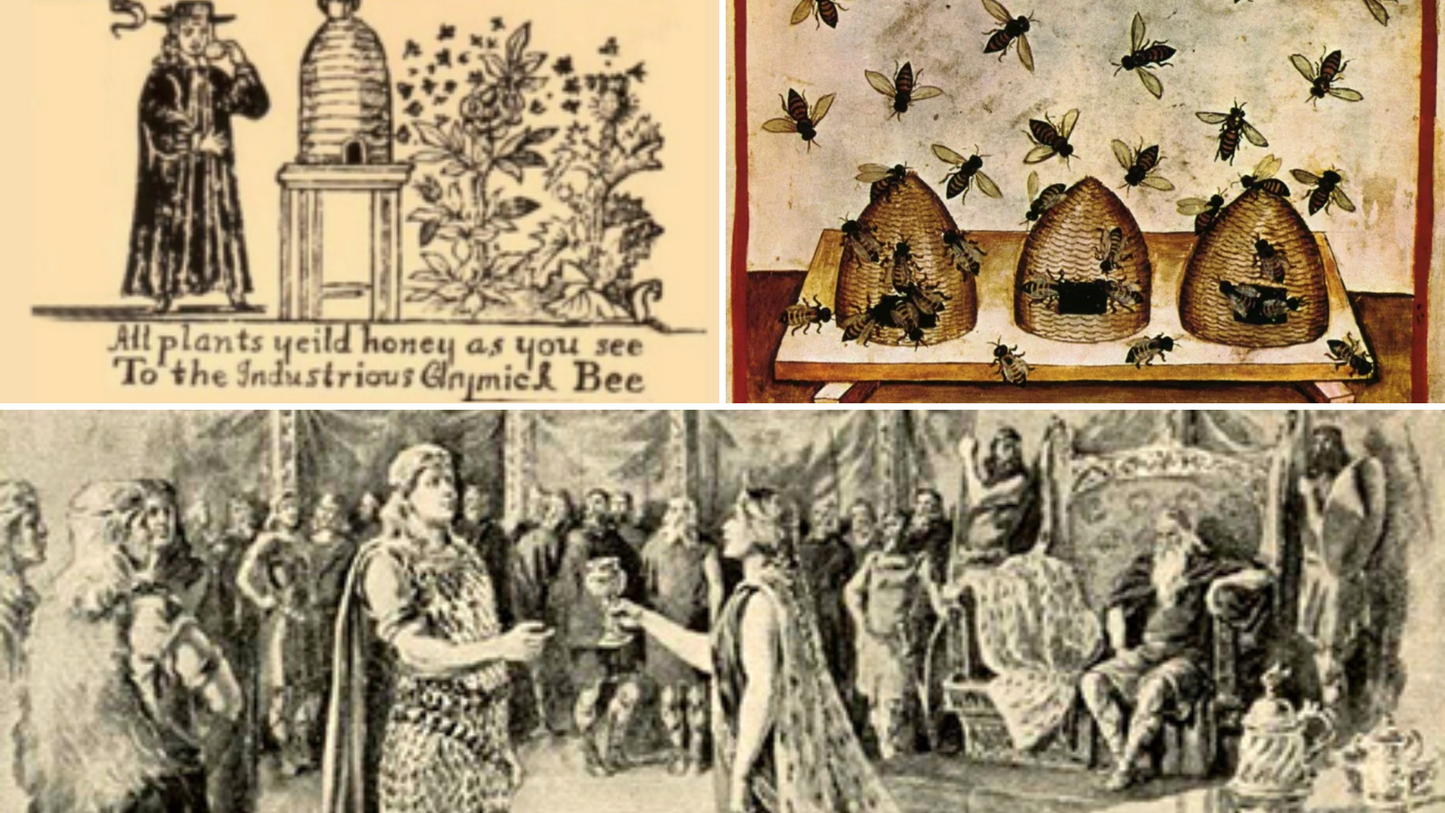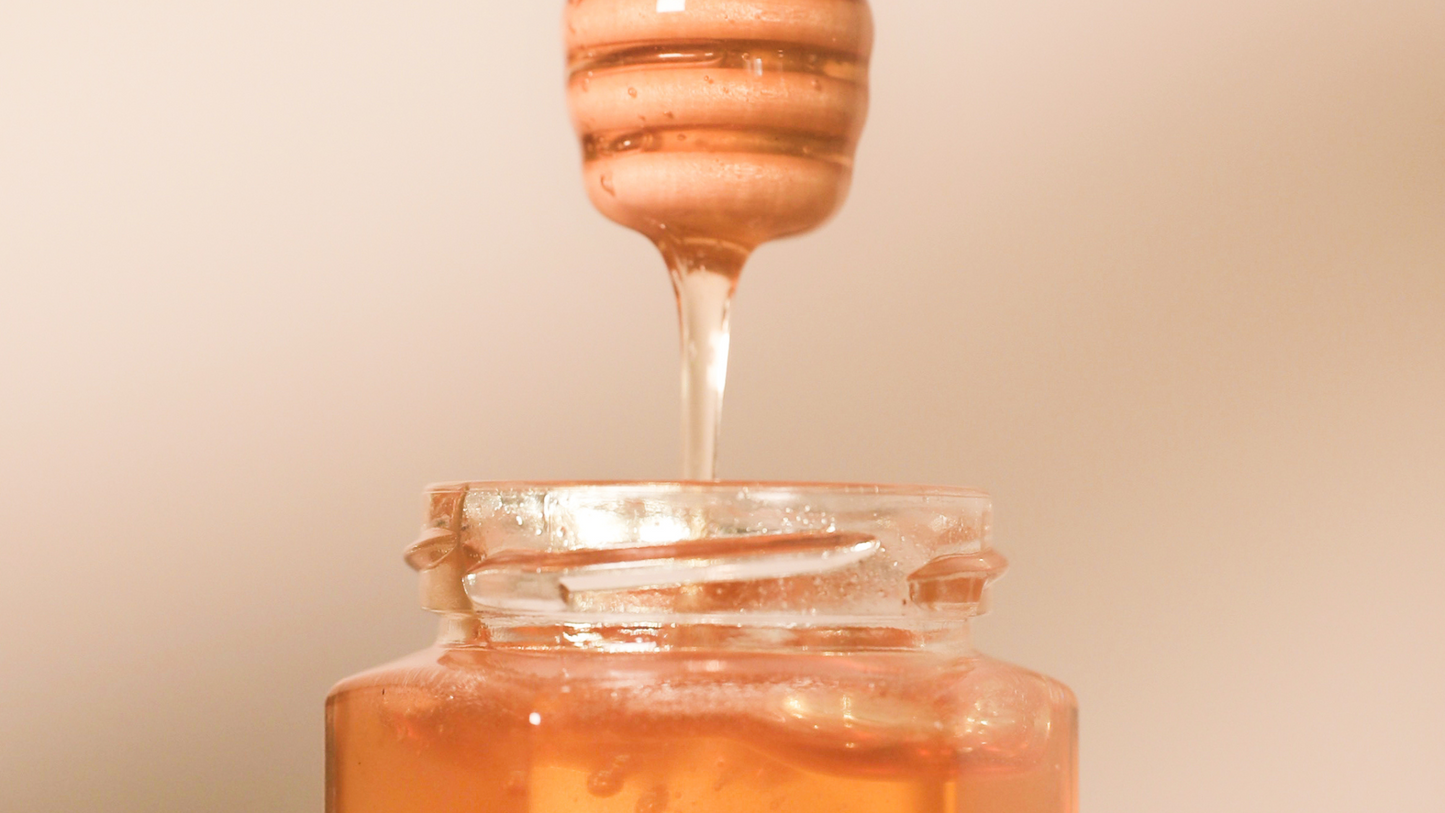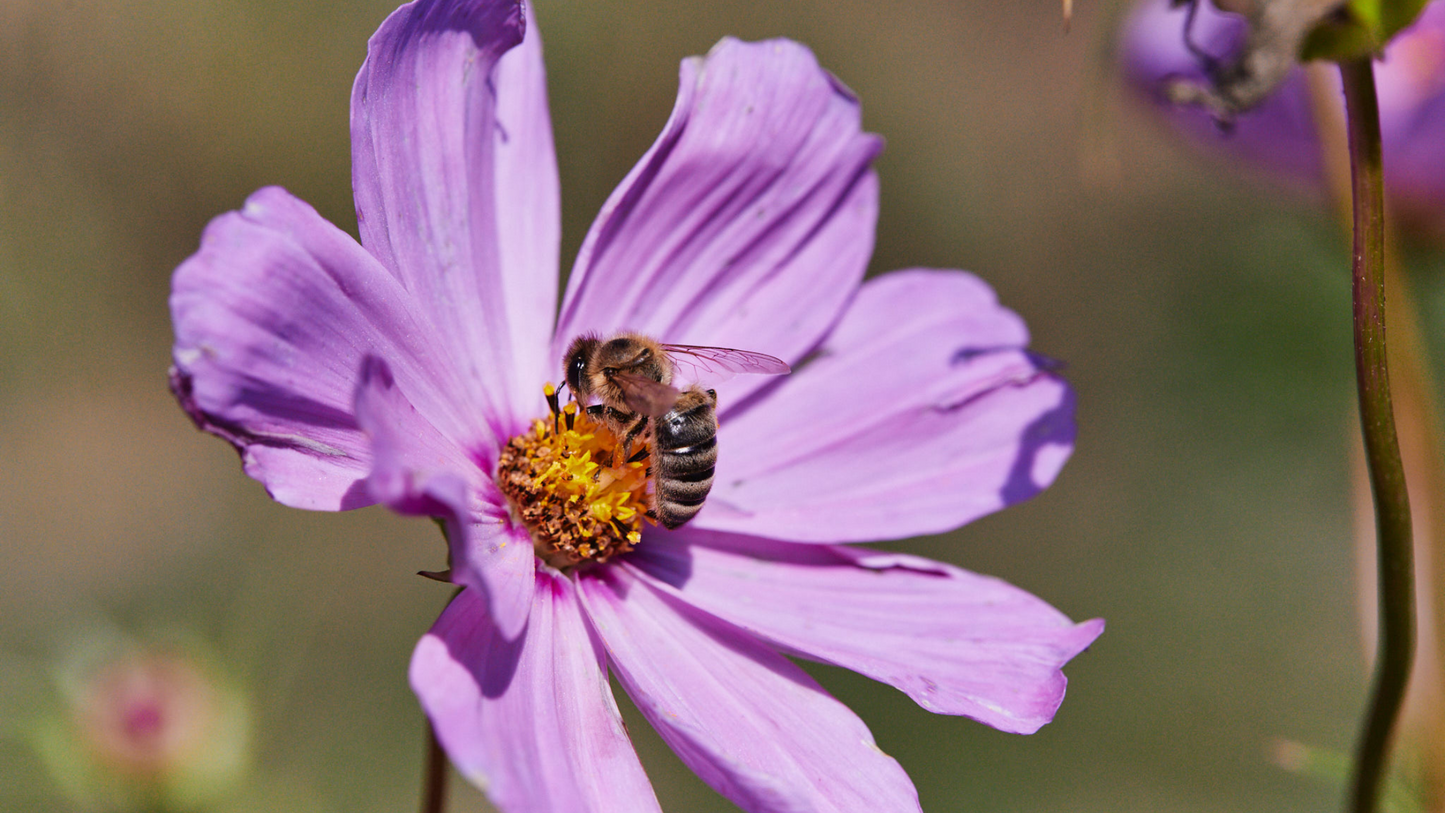
When one typically thinks of mead, the medieval period comes to mind ー the highest of nobility pairing their fine dining with the beverage to the commoner taking a swig at the local tavern. Whether heartily clinking goblets at medieval festivals, downing the beverage in the hit TV show Vikings, or enjoying a glass with friends at a dinner party ー mead is a drink that holds great significance not only in the ancient world, but in the modern as well.
Origins of Mead
Mead is an alcoholic beverage, otherwise referred to as “honey wine”, composed of honey and water fermented with yeast and enriched with varying fruits and spices.
As one of the oldest alcoholic beverages in the world, its precise year of origin is unknown. The earliest evidence found of mead can be dated to 7000 BCE, in the chemical signatures left in pottery structures found in Jiahu, China. The signatures found were those of honey, rice and other substances indicating a fermentation process took place.
The Need for Mead
Mead arrived in Europe between 2800 to 1800 BCE amid the Bronze Age, although it gained popularity during the Golden Age of Ancient Greece, in which mead was favoured more than wine among Greeks and was the preferred alcohol of the well-known Greek philosopher Aristotle. As well, Ancient Greeks regarded mead as the nectar of the Gods due to its key ingredient, honey, believed to have cleansing and healing powers that could bestow immortality.
The beverage truly became popular during the Early Middle Ages (476 CE to 1000 CE) in Medieval Europe, especially among groups such as Germans, Scandinavians, Anglo-Saxons, and Native Brythonic cultures. However, mead would eventually fade out of popularity due to factors such as the rise of beer and wine and the availability of West Indian sugar in the 17th century, prompting a diminished incentive for beekeeping.
Today, mead is experiencing a resurgence in demand from pop culture, history enthusiasts, and those looking to expand their palate.
Our Mead Selection
Hiveminders Small Batch Meads uses honey made from rescued honeybees from Toronto Bee Rescue, with a portion of each sale supporting free honeybee swarm removals courtesy of Toronto Bee Rescue. From our traditional Meads to Hard Honey Seltzers varying in dryness and flavour, you’ll be sure to find your favourite!



